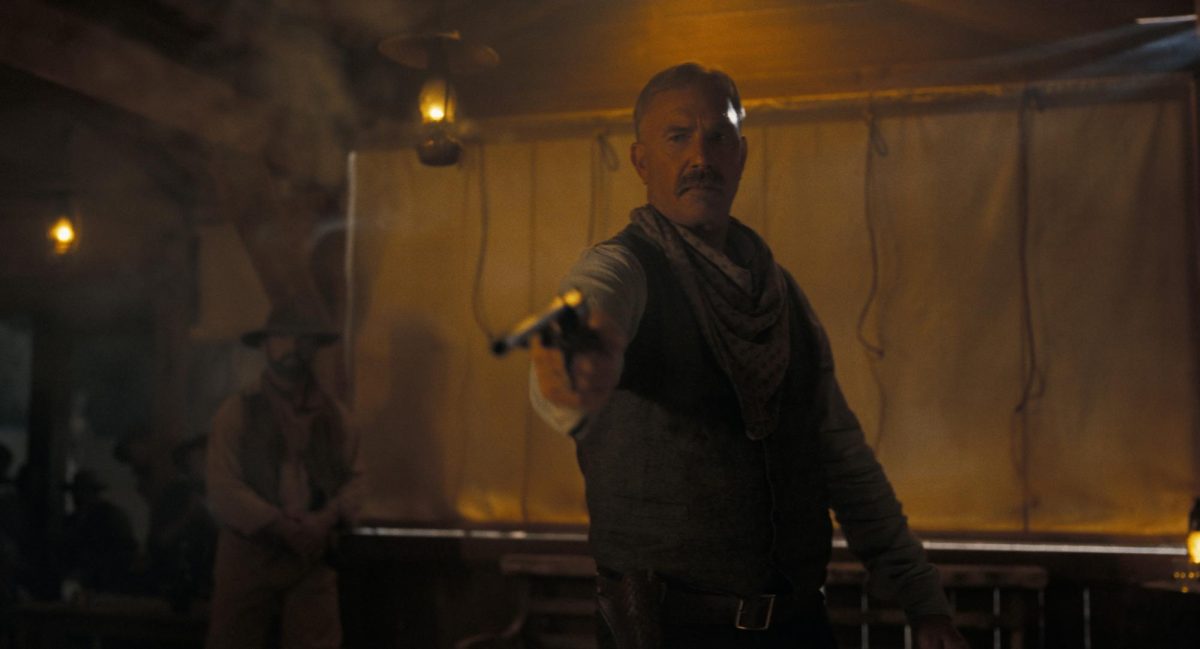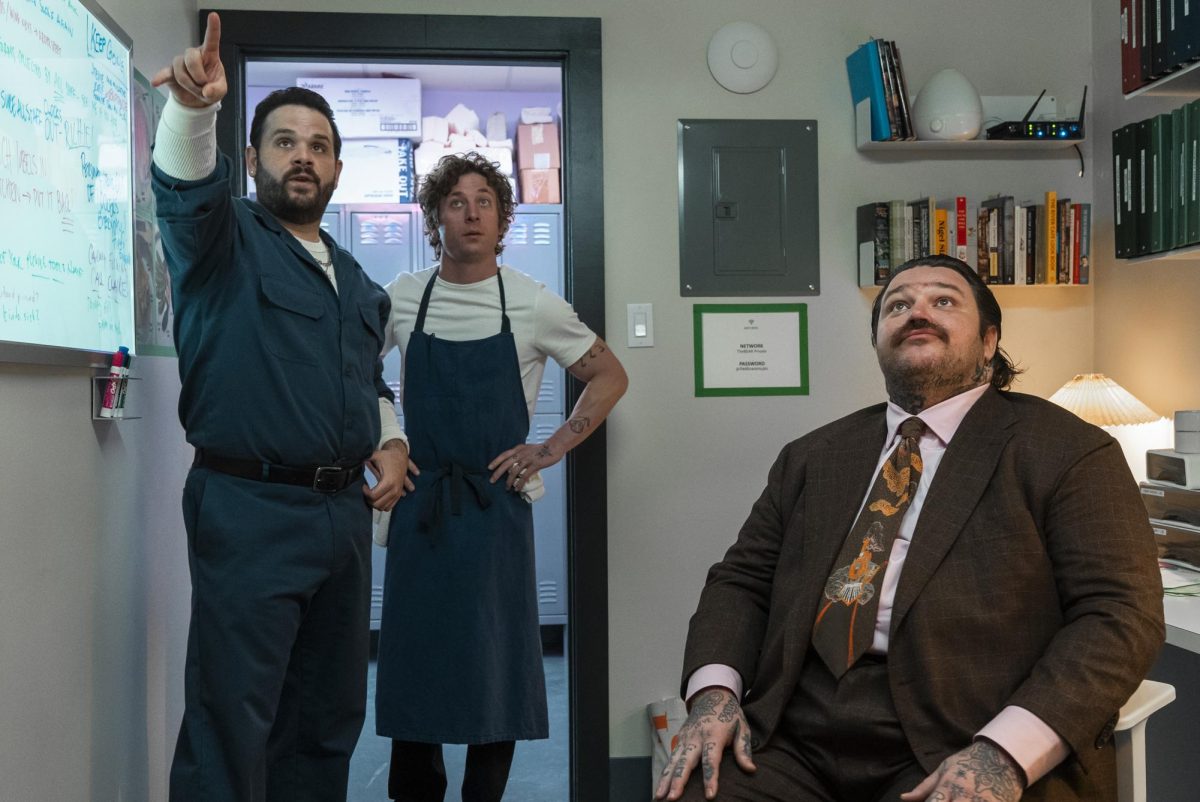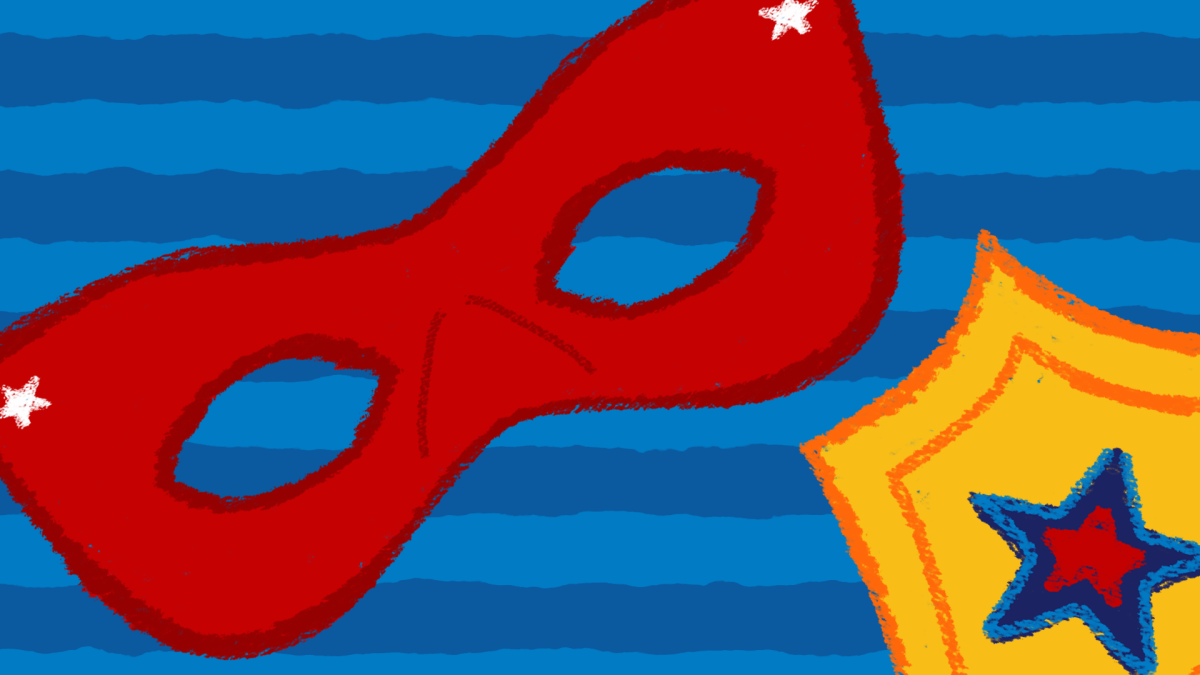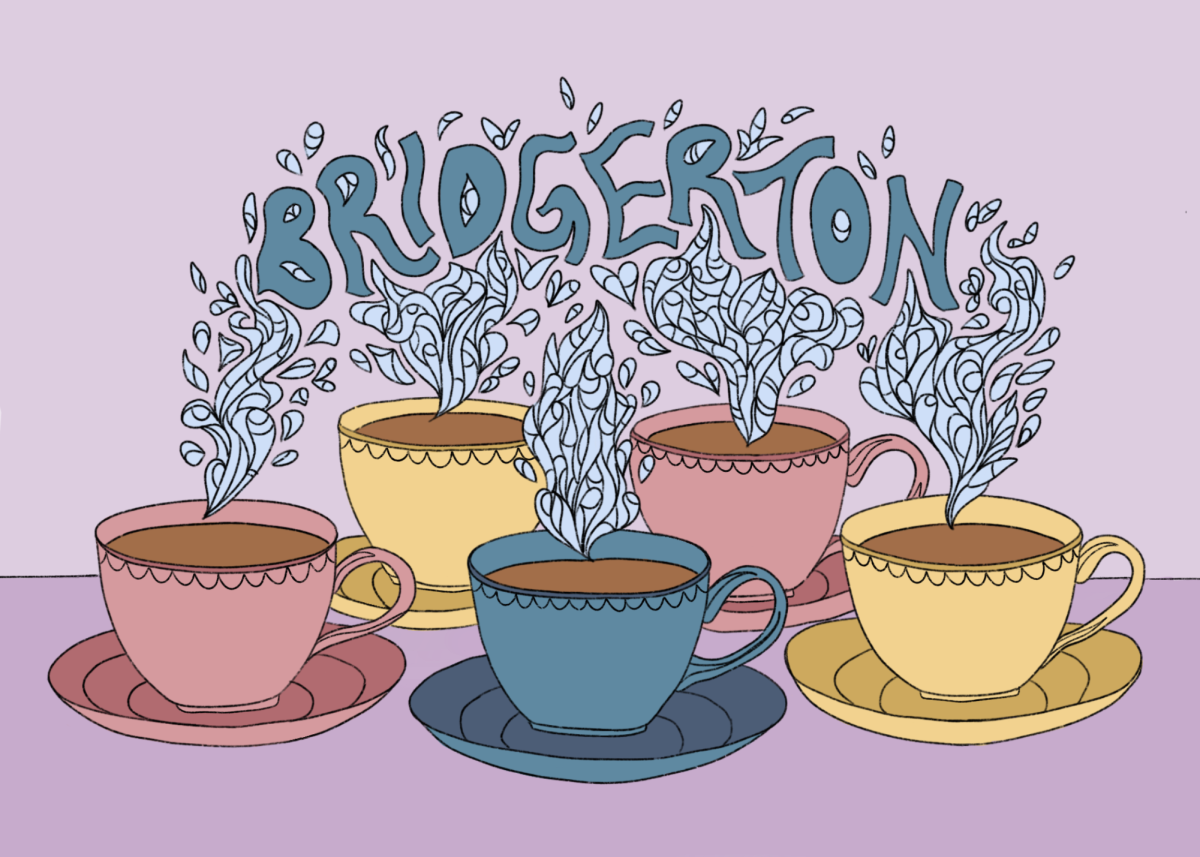The incredibly talented Natasha Lyonne, from “Orange is the New Black,” dazzles audiences in the new series “Russian Doll” which Netflix released on Feb. 1. Lyonne serves as star, writer and executive producer in this existential comedy, reinvigorating the tired time loop trope. Amy Poehler and Leslye Headland co-created this absurd and reality-bending series along with Lyonne.
Nadia (Lyonne) finishes washing up on the night of her 36th birthday, primping through impatient knocks and opening the bathroom door to Harry Nilsson’s song “Gotta Get Up.” After an evening of drinks and drugs, the bright and charismatic whirlwind of a woman is tragically struck by a taxi and dies. Suddenly, Nadia finds herself back at the sink in her friend’s bathroom, alive, while impatient knocks and “Gotta Get Up” start once again. She proceeds to live out the night of her birthday, only to die and repeat the night over and over again. Nadia is inexplicably destined to die so that she can learn how to live.
“Russian Doll” takes the time loop plot, chops it up and serves it back to us in an entirely new way. Each death and subsequent loop is more mind-boggling and dire than the next. Episodes raise more questions than they answer, setting us up perfectly for a second season. Lyonne told the Hollywood Reporter that they pitched “Russian Doll” to Netflix as a three season story, hinting at a promising future for the series.
Much like Russian matryoshka dolls — from which the series takes its name — each twist and obstacle facing Nadia twist off the top, revealing another level of depth underneath. Matryoshka or Russian nesting dolls are often used to represent Russian femininity, the lessons we carry with us from the different stages in our lives and the relationship between daughters and mothers. “Russian Doll” challenges and explores all of these themes, the title becoming obviously more appropriate with each newly exposed layer.
To Binge or Not to Binge
It’s nearly impossible to not fall in love with this shockingly thrilling and deeply personal show. Many of the characters and reoccurring themes of “Russian Doll” were plucked straight from Lyonne’s life. The personality and care put into the show are obvious and unmistakably Lyonne’s. As Nadia struggles to find herself, parallels to Lyonne are obvious to anyone familiar with her story. The series is complex, witty and dark, often taking you to unexpected places.
Exceptionally well-paced, “Russian Doll” is a mesmerizing and rewarding treat. The show leaves you with impossible to answer questions and wild theories, making the promise of further seasons a much-needed assurance. At just eight episodes, “Russian Doll” is quick to devour. The series isn’t just binge-worthy — it’s doubtful you can start the show and not binge the entire thing in one sitting. You may even want to get caught in a loop of your own and give this intricate story an immediate second watch. The only downside to binging “Russian Doll” is that you’ll for sure get the song “Gotta Get Up” stuck in your head, if you can even call that a downside.
Best Episode
Hands down, the best episode of “Russian Doll” is the intense and touching finale, “Ariadne.” The episode title comes from the character in Greek Mythology of the same name. Ariadne is often associated with labyrinths which is exceptionally fitting for a season conclusion. Directed by Lyonne, the finale is a satisfying resolution for the first season of this mind-bending Netflix original.
Similar Shows
“The Good Place,” “Twin Peaks,” “Stranger Things,” “Pushing Daisies” and “Barry.”
Trigger Warnings
Drug and alcohol use is prevalent throughout the series. Death scenes are frequent and sometimes graphic. Mentions of suicide, some sexual themes and rampant profanity.
“Russian Doll”
5 out of 5 stars
Available to stream on Netflix
8 episodes, about 25 minutes each













